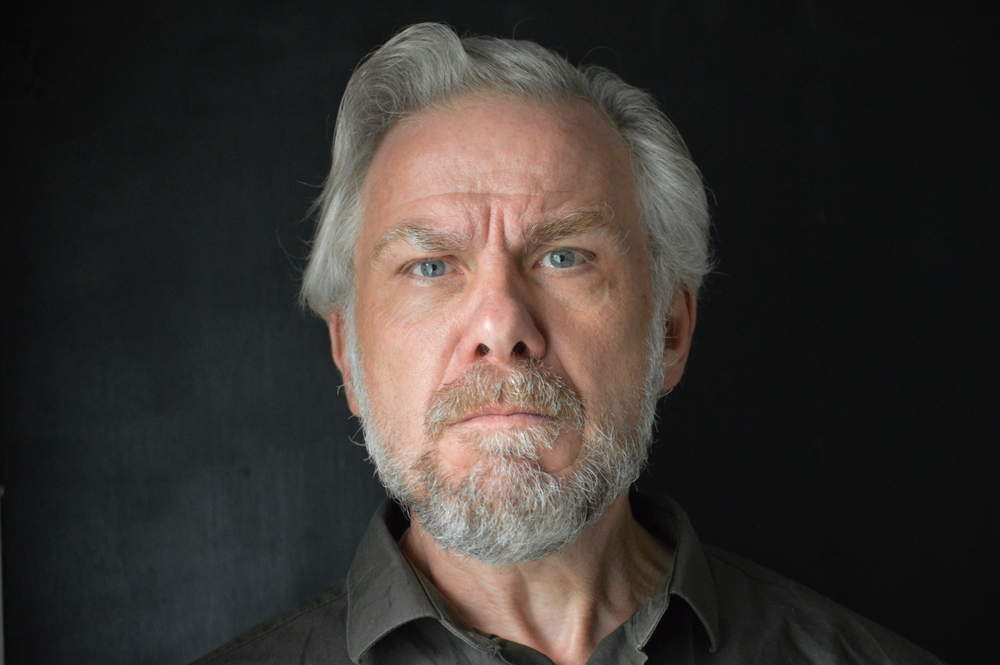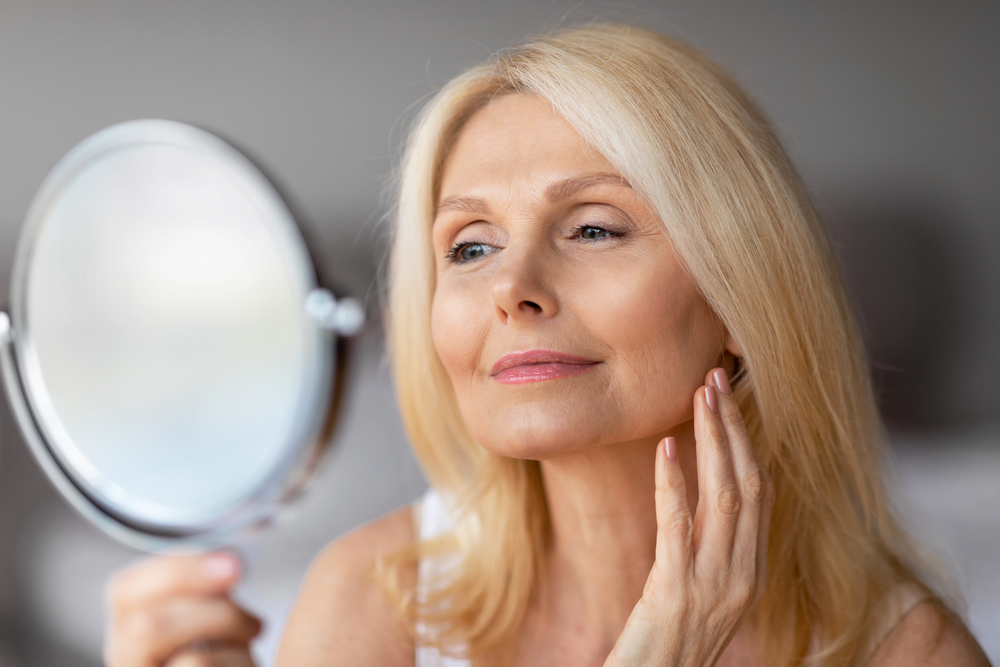Scientific research is edging closer to unearthing the fountain of youth. Among recent advances, researchers have been able to rejuvenate geriatric mice and slow their rate of decline.
Cellular reprogramming has shown promise for human longevity, and some companies with deep financial backing have invested in age-reversal technology. But what are the best strategies for defying the sands of time?
Nutrition
Getting the proper nutrients is the key to defying aging. Age reversal strategies focusing on improving nutritional intake can help prevent and treat various age-related conditions, from heart disease to memory loss. These strategies include diet, exercise, and nonsurgical or invasive treatments.
Several studies have shown moderate improvements in longevity and reversal of the effects of aging in animals, including the ability to rejuvenate 20-month-old mice by reprogramming their cells with Yamanaka factors. The approach is one of the few ways to change cellular aging at the molecular level and maybe a step closer to reversing aging in humans.
Other research on aging reversal focuses on preventing and treating aging-associated diseases, such as cancer. Clearing senescent cells accumulating over time has also shown promise in slowing aging. Parabiosis, linking blood circulations between young and old animals, has extended lifespan in rodents.
Sleep
Sleep is essential to your health. The human body and brain need rest to recharge after a long day. Sleep also helps you fight off illness. However, many people don’t get enough sleep, which leads to various health issues such as obesity, heart disease, high blood pressure, and depression.
Scientists are currently concentrating on discovering methods to enhance sleep quality using various techniques. They are finding that certain lifestyle habits can help improve your sleep. For example, you can try to go to bed, wake up simultaneously each night, and avoid sleeping late. You can also use blackout curtains and a calm bedroom environment.
Scientists are also examining the relationship between sleep and biological aging. They have found that lack of sleep can make cells age faster. This can contribute to developing diseases like multiple sclerosis and heart disease. Sleep also is essential for regulating several cellular processes, such as oxidative stress and mitochondrial function.
Stress Management
Stress is a natural part of life, but chronic stress can damage mental and physical health. Over time, it can cause various issues, including anxiety, heart disease, and even aging symptoms like wrinkles and loss of bone density.
Managing stress is crucial for good health. Many tools can help you, like meditation, yoga, tai chi, deep breathing, and biofeedback. In addition, talking to a therapist or trusted friend can be very helpful.
Begin by pinpointing the reasons behind your stress. Then, find ways to remove them from your life. For example, if your family squabbles are causing you stress, try spending less time with them. Exercise is also known to reduce stress. Make it a point to get your body moving for at least 30 minutes daily. This will help you to release chemicals that can boost your mood and relieve stress.






